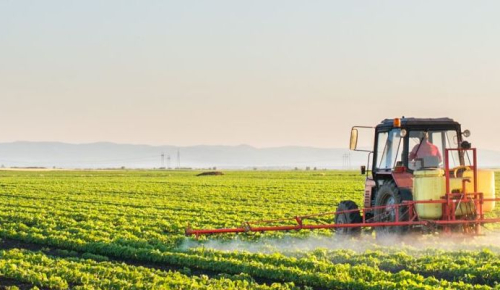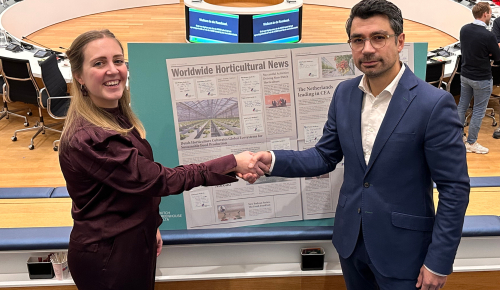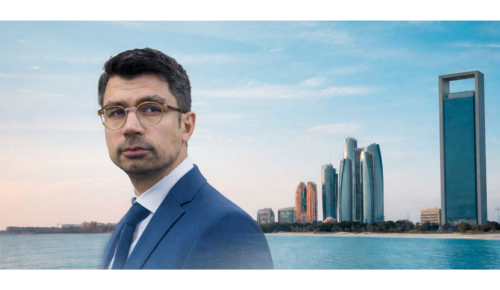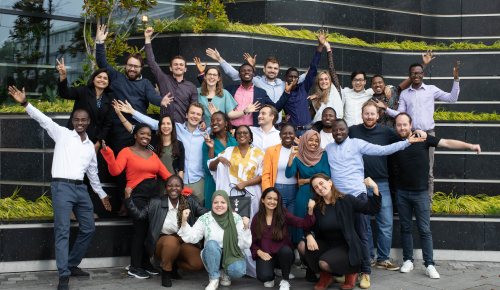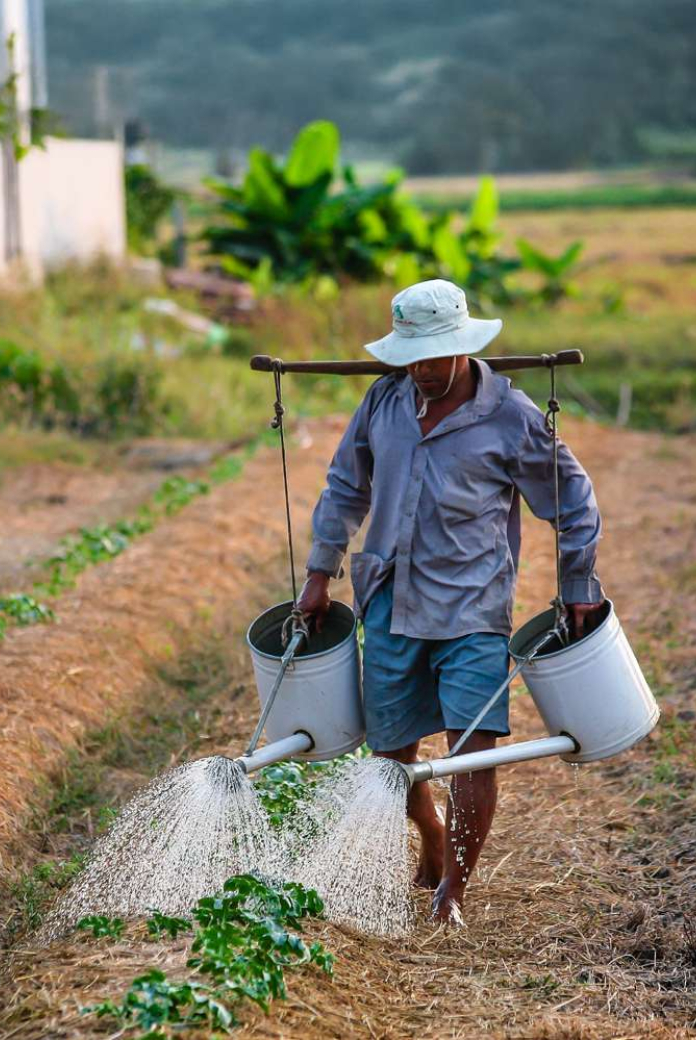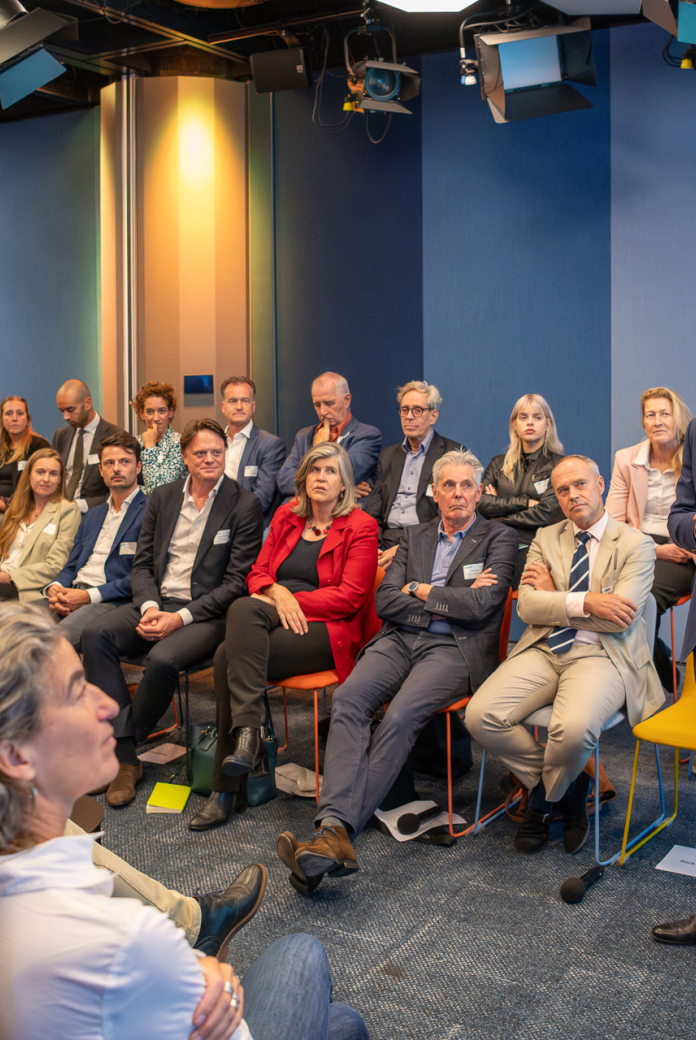Impact story
13 July 2023Smart Irrigation project in Ghana shows promising results
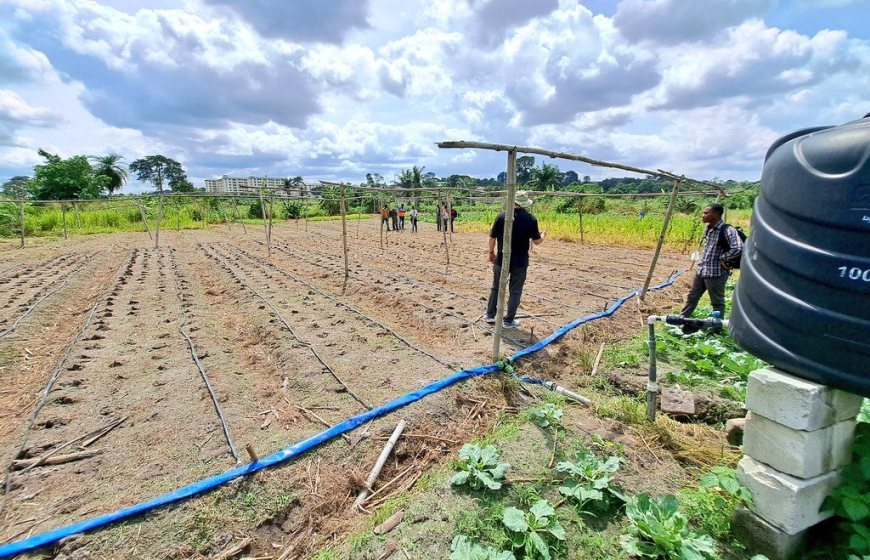

How can small-scale farmers in Ghana be helped to minimise water waste? That was the key question for the Dutch consortium consisting of research and consultancy firm FutureWater, knowledge institute TU Delft, horticulture company Holland Greentech, and social enterprise TAHMO. They won the Water for Food proposal, which marked the start of the multi-year Water for Food Programme initiated by the Netherlands Water Partnership (NWP) and financed by the Dutch Ministry of Agriculture, Nature, and Food Quality. The Programme’s objective is to stimulate and facilitate the Dutch water sector and agrifood partners to develop business cases in the water-agri nexus.
Uncertain crop yield and income
Global climate change is putting increasing pressure on natural resources, and West African countries like Ghana will be especially hit very hard. Agriculture, which is the largest water user in Ghana, will be affected by high temperatures and changes in rainfall variability. This variability will make crop production and yield more uncertain and will jeopardise farmers’ incomes. The periods of droughts in Ghana are getting longer and there is increased pressure on water availability from river basins due to climate change, and this is putting many people and farmers at risk of having too little water. In response to this, the consortium started a pilot to improve the business case for a smart irrigation system for fruit and vegetable farmers in Kumasi, Ghana.
Gathering and linking data
Ghanaian small-scale farmers expressed a need for locally adapted, climate-smart irrigation technologies and innovative advice to improve their irrigation practices for a water-secure future. The ‘Smart Irrigation Management - project’ focuses on gathering better weather information, piloting an innovative irrigation tool that is linked to drip irrigation, and implementing this in the field with farmers in Ghana. The project aimed to lower production costs for small-scale farmers by improving the efficiency of water and energy use and avoiding crop loss. TAHMO and Holland Greentech have been working in Ghana for several years and have established a good network. Maarten Hermus of Holland GreenTech adds that “We involved MoFA (Ministry of Food & Agriculture), regional agricultural colleges such as Kwadaso Agricultural College, and a network of farmers. This made it possible to obtain good local feedback and make connections in a relatively short project.”
We involved MoFA (Ministry of Food & Agriculture), regional agricultural colleges such as Kwadaso Agricultural College, and a network of farmers. This made it possible to obtain good local feedback and make connections in a relatively short project.
Maarten Hermus
Enterpreneur at Holland Greentech
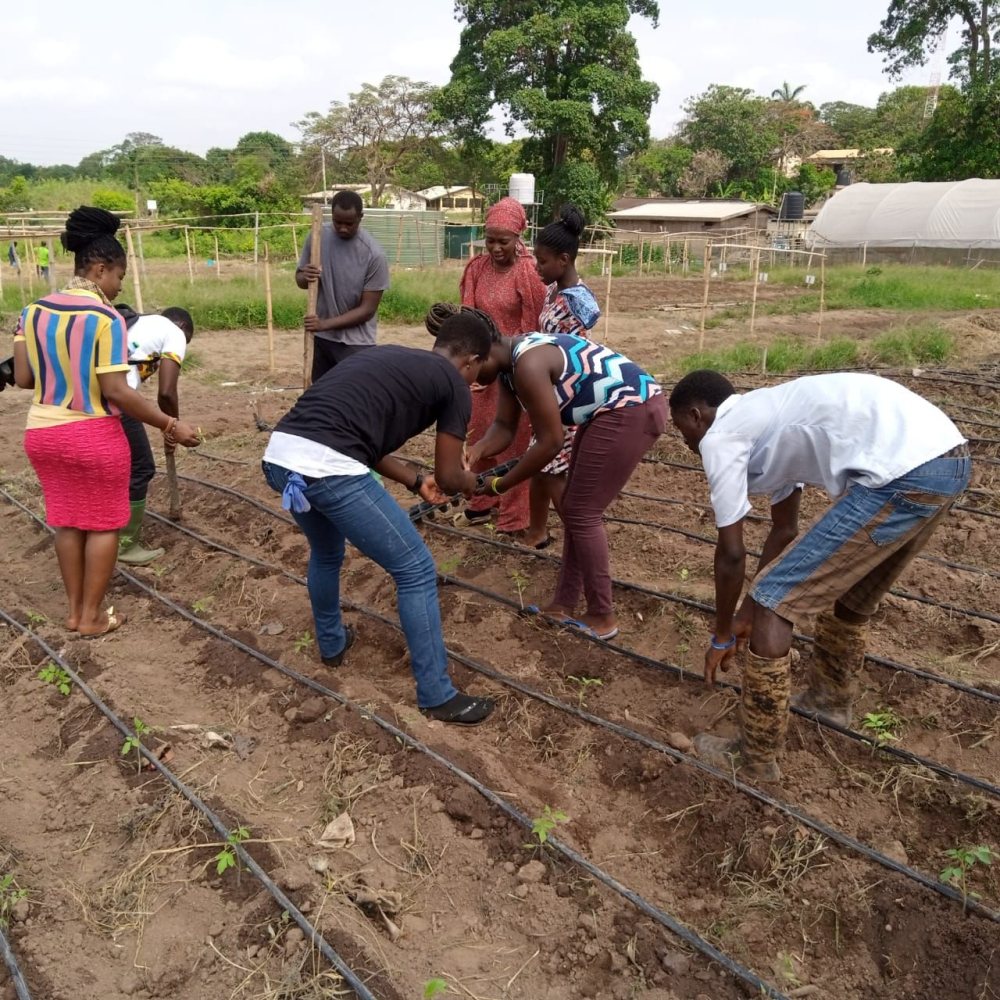
Validation and gathering feedback
In their first months, the consortium mapped irrigation farms around Kumasi and identified three service delivery models of smart irrigation management to pilot during the project period. The next phase of the project was to test the service delivery models. To do so, the consortium matched farmers with these models. The consortium also hosted a workshop with lead farmers and project representatives in Kumasi. In this meeting, the consortium validated the smart irrigation service they have developed so far and gathered feedback on the level of interest in the various service options and their business model. This information supported the further development of the business case and service delivery testing.
Farmers stated the high costs of fuel for pumps and uncertainty as to whether crops get enough water. The data of a group of farmers in the project show that 10-30 percent use too much water, and thus fuel. This led the consortium to focus its business case on opportunities for fuel savings while guaranteeing sufficient irrigation. The cost-saving justifies asking for payment for services. Maarten Hermus of Holland GreenTech explains. “We now sell the service by charging an amount which is a fraction of the cost of fuel savings, making an interesting business case for the farmer.’’
We aim to help farmers benefit from sustainable land and water management, reduced water, and fuel use, optimised crop yield, and higher incomes. This project is a step towards the desired situation of sustainable food production and water security in Ghana.
Maarten Hermus
Enterpreneur at Holland Greentech
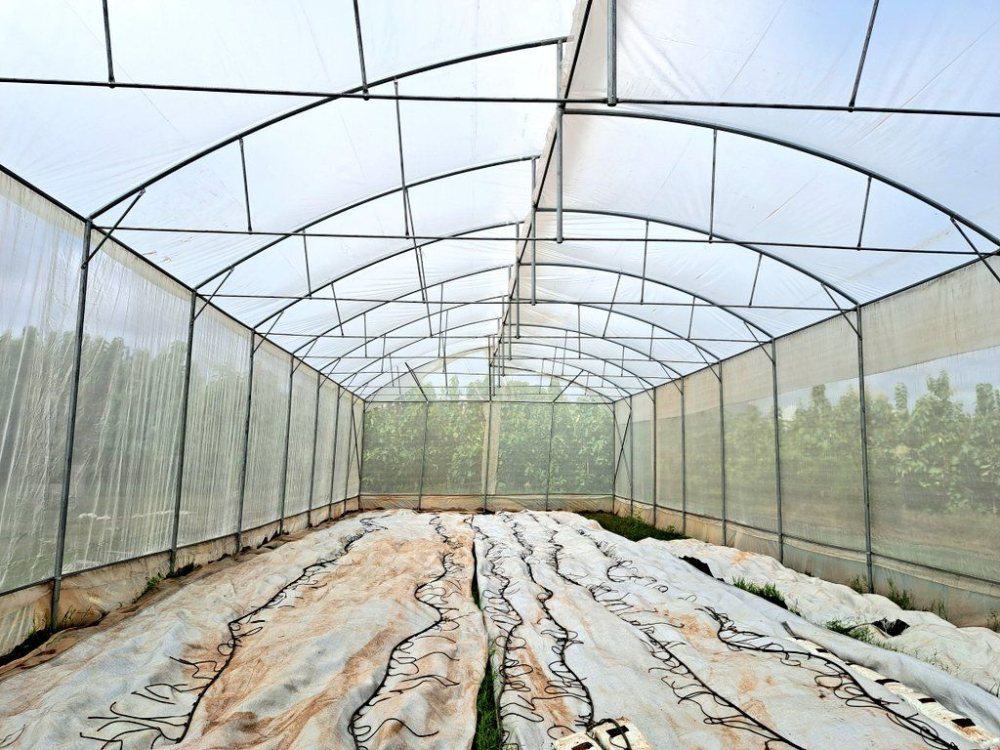
Long-term goals
The knowledge and solutions of the Smart Irrigation Management - project will be further developed in a new advisory and service tool called SOSIA+. TAHMO, TU Delft, Future Water, and Holland Greentech started this follow-up project in early 2023. The unique and innovative part of SOSIA+ is the algorithm that advises farmers on how many minutes they should irrigate a specific crop. It uses a combination of TAHMO’s local weather data and real-time data that is tailored to small-scale farmers and is linked to the innovative drip irrigation systems that Holland Greentech Ghana already sells to farmers. The farmers receive daily messages informing them of how much irrigation their crops need, thus making sure that no water is wasted. This makes it a unique tool and highly suitable for small-scale farmers in Ghana and beyond.
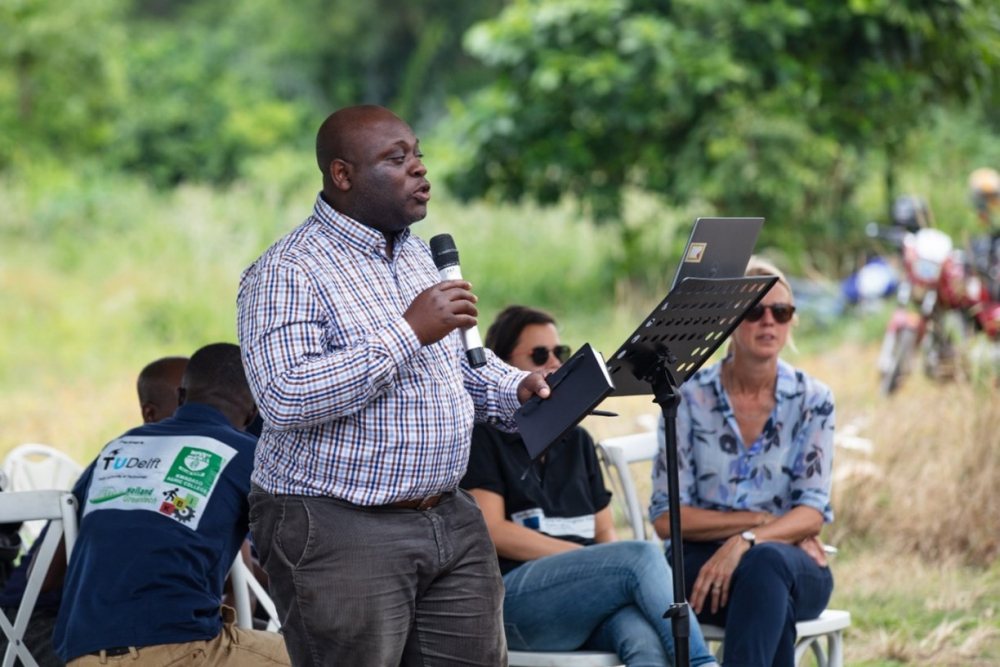
Catalyse the development of water-related business cases
The multi-year Water for Food Programme seeks to catalyse the development of water-related business cases in the agri-food sector through the cooperation of Dutch water sector players in consortia. It focuses on potential business cases in specific local markets internationally. This illustrates that business models can be achieved through adopting an integrated nexus approach and by focusing on the business case aspect. The longer-term objective is to establish a sustainable Water and Food hub that connects players in the water and agrifood sector to explore business opportunities and to bring successful pilots to the next stage of scaling up, replication, or adaptation to other regions. The Programme’s long-term objective is improved food security, sustainable water use, and protection of ecosystems and biodiversity. The multi-year Water for Food Programme was initiated by the NWP and is financed by the Dutch Ministry of Agriculture, Nature, and Food Quality.
Featured NWP members: TU Delft, FutureWater
